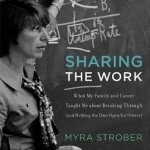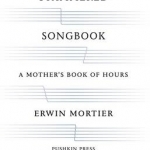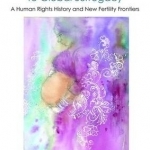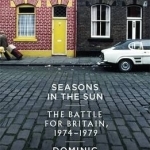
The Lucky Few: Finding God's Best in the Most Unlikely Places
Heather Avis and Lysa TerKeurst
Book
These are the faces that call me "mom," the three children who made me a mother. When I started my...

Sharing the Work: What My Family and Career Taught Me About Breaking Through (and Holding the Door Open for Others)
Book
"Myra Strober's Sharing the Work is the memoir of a woman who has learned that 'having it all' is...

Stammered Songbook: A Mother's Book of Hours
Clare Skeats, Erwin Mortier and Paul Vincent
Book
'My mother, a house that is slowly collapsing, a bridge dancing to a tremor.' It started when she...

DIY Financial Advisor: A Simple Solution to Build and Protect Your Wealth
Wesley R. Gray, Jack R. Vogel and David P. Foulke
Book
DIY Financial Advisor: A Simple Solution to Build and Protect Your Wealth DIY Financial Advisor is a...
Boom, Bust, Exodus: The Rust Belt, the Maquilas, and a Tale of Two Cities
Book
In 2002, the town of Galesburg, a slowly declining Rustbelt city of 33,000 in western Illinois,...

Better Brain Food: Eat to Cheat Dementia and Cognitvie Decline
Ngaire Hobbins and Michelle Crawford
Book
With dementia on the rise, Ngaire Hobbins explains how we can eat to cheat dementia and cognitive...

From Intercountry Adoption to Global Surrogacy: A Human Rights History and New Fertility Frontiers
Karen Smith Rotabi and Nicole F. Bromfield
Book
Intercountry adoption has undergone a radical decline since 2004 when it reached a peak of...

Paradise City Island Sim - Tropical City Building
Games and Entertainment
App
Play the most popular city building simulation game series on mobile! In this new Paradise City...

Seasons in the Sun: The Battle for Britain, 1974-1979
Book
Dominic Sandbrook's magnificent account of the late 1970s in Britain - the book behind the major BB2...

Outdoor Play Spaces for Children
Book
This detailed book examines key drivers in best play space designs. High-quality, integrated play...
